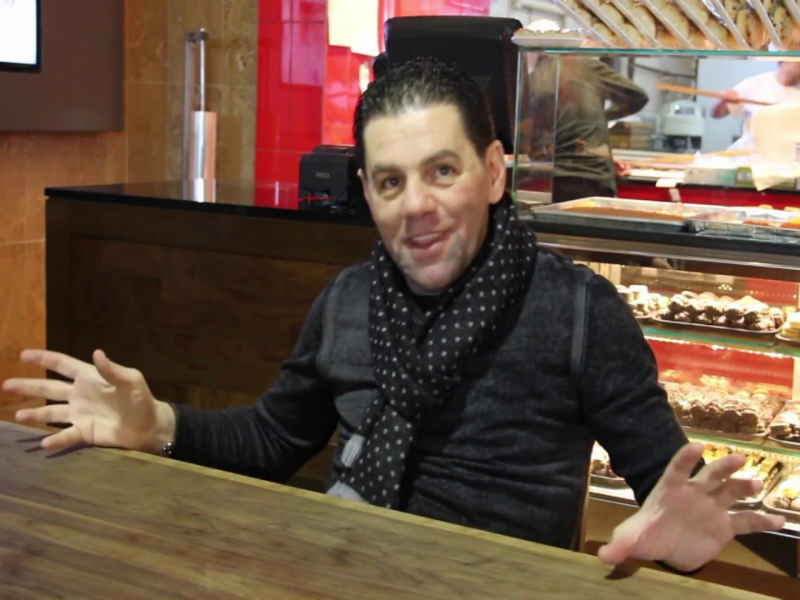An important ruling was handed down recently by Ontario Superior Court Judge Shaun Nakatsuru that is sure to have a major impact on hatemongers. The problem is that very few people know about it.
Until this ruling came down, it was unclear if defamation suits could be brought against people who spew racist rants that target an individual, at least in Ontario.
Thanks to one brave Canadian Muslim, Mohamad Fakih, so-called “free-speech” advocates no longer have free reign to spew hateful abuse and then invoke Ontario’s anti-SLAPP (strategic lawsuit against public participation) legislation, as a shield for their racist histrionics.
In 2015, the Ontario government passed a law designed to crack down on lawsuits specifically designed to suppress debate on matters of public interest. The law made it very difficult to bring defamation cases forward, as long as the matter was within the public sphere and did not do personal damage to someone’s reputation.
Since this law came into effect, those who have especially set their eyes on the Muslim community believed they could target a person’s faith, race or minority status and get away with it. Thankfully, that is no more.
Last July, Fakih was holding a fundraiser for Prime Minister Justin Trudeau at one of his well-known Paramount Fine Food restaurants in Mississauga, Ont. Two anti-Muslim agitators, Ron Banerjee and Kevin Johnston, showed up to the event. Both men make it their business to attend anti-Muslim rallies around the Greater Toronto Area.
Johnston has engaged in numerous efforts to demean the Canadian Muslim community, from allegedly referring to Muslims as “dirty” and “terrorist scumbags,” to suggesting people “buy knives and learn how to use them,” according to Fakih’s statement of claim.
Banerjee claims to be involved with a number of groups, including Canadian Hindu Advocacy and Rise Canada. His animus towards Muslims is well known. Again, according to Fakih’s statement of claim, Banerjee allegedly once tweeted that, “Muslims are rotten from the time they drop from their mother’s womb.”
Johnston has fantasies of being a journalist and often videotapes himself and others being loud and hateful for a YouTube channel he calls Freedom Report. His usual target is the Muslim community.
That day in July 2017, in front of Fakih’s eating establishment, Johnston allegedly filmed Banerjee saying that one would have to be a “jihadist” and have “raped your wife a few times” to enter the restaurant. Johnston is later filmed saying, “Remember Canada is a victim of Islam. Always remember that.”
According to the statement of claim, Banerjee allegedly told Johnston, who was interviewing him outside the restaurant, “No, listen, you need credentials. You have to have raped your wife at least a few times to be allowed in there.” Johnston then says, “Someone else’s wife, not your wife.”
To his credit, Fakih filed a defamation suit. In his preliminary decision before the actual case is heard, Judge Nakatsuru made it clear that these statements are actionable and, despite Banerjee’s objections, the case can go ahead.
“We live in a free country where people have as much right to express outrageous and ridiculous opinions as moderate ones. I acknowledge that. But we also live in a country where alleged hateful and defamatory expressions can appropriately be litigated in the judicial system,” wrote Judge Nakatsuru in his ruling.
READ: FARBER: JEWS HAVE A HAND IN GROWING MARIJUANA BUSINESS
Hate litigation is not an easy road. It took years for Canada to develop its hate propaganda laws, which come with a high bar of proof. And it was only thanks to some bold and daring citizens who brought forward complaints that the law was used and upheld by the Supreme Court.
Now, we have a civil procedure ruling that permits those targeted by haters (mostly Muslims, Jews, people of colour and LGBTQ people) to use defamation laws – which are judged on the balance of probabilities, a much lower bar than the Criminal Code – to protect themselves against racist attacks on their character. Canada owes Mohamad Fakih a debt of gratitude.
